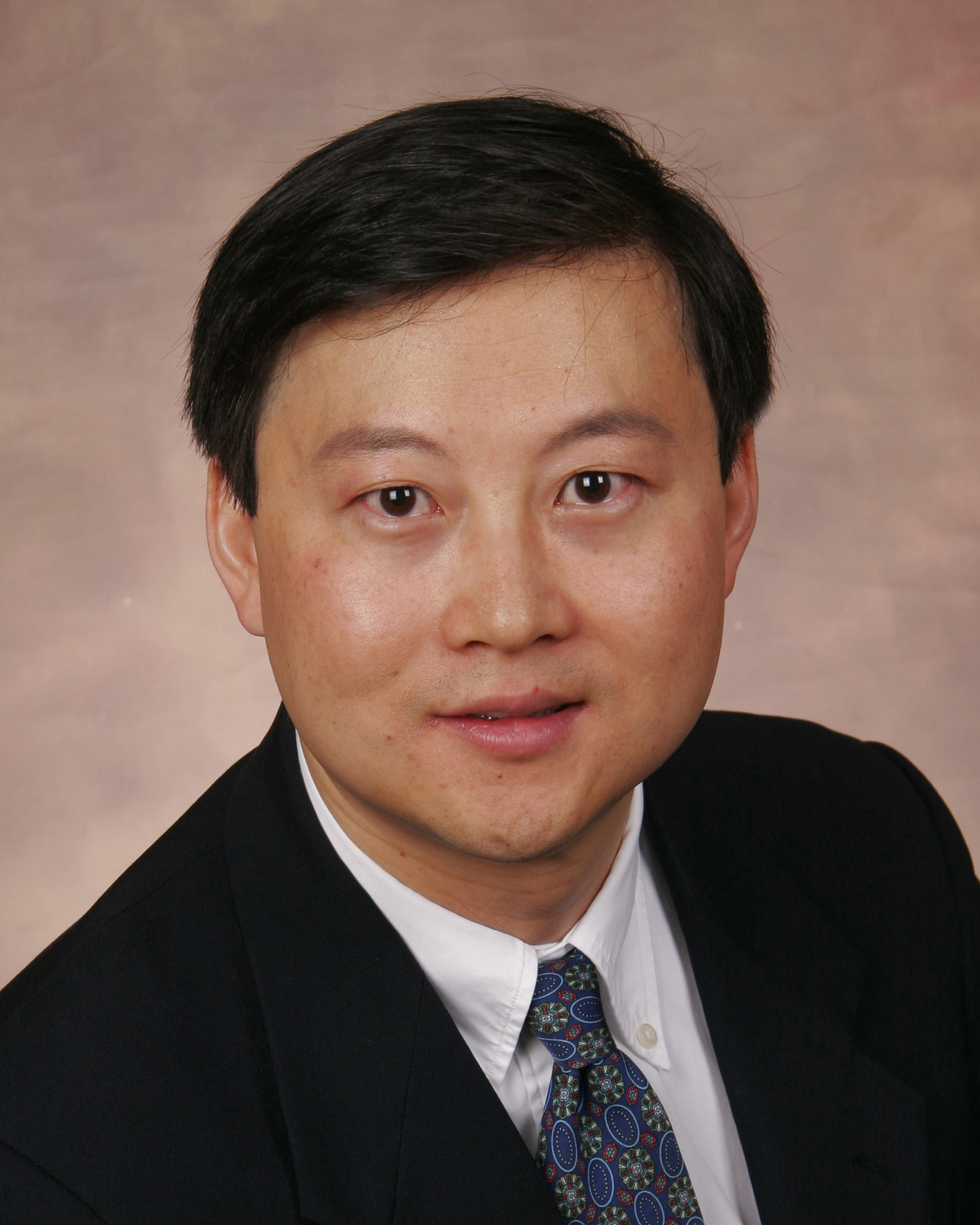Y. Thomas Hou elected steering committee chair of the Institute of Electrical and Electronics Engineers' INFOCOM conference

Y. Thomas Hou, professor of electrical and computer engineering at Virginia Tech, is the newly elected steering committee chair of the Institute of Electrical and Electronics Engineers' (IEEE) Conference on Computer Communications or INFOCOM conference. Hou will serve a three-year term from 2013-15.
IEEE INFOCOM is a premier annual conference on networking in the IEEE communications society. Highly selective, the acceptance ratio is only about 18 percent from the approximately 1600 annual submissions. Paper publications in INFOCOM are widely considered as quality benchmark for researchers in the networking area. Recently, Google Scholar ranked INFOCOM as the No. 1 publication venue among all journals and conferences in the field of computer networks and wireless communication.
"This is the highest honor and statute that can be bestowed to any conference or journal in networking and wireless communications area," Hou said.
In his letter to the IEEE INFOCOM community, Harvey Freeman, past chair of the IEEE INFOCOM Standing Committee said, "Tom Hou is a highly respected researcher in the INFOCOM community. He is a long-time dedicated volunteer to INFOCOM organizations, serving as technical program committee co-chair of INFOCOM 2009, a member of the steering committee, and most recently, vice chair of the steering committee. As the new steering committee chair, Tom will take the leadership role continuing the great success of INFOCOM."
Hou received a bachelor's degree from the City College of New York in 1991, a master's degree from Columbia University in 1993, and a Ph.D. from Polytechnic Institute of New York University in 1998, all in electrical engineering. From 1997 to 2002, he was a researcher at Fujitsu Laboratories of America, Sunnyvale, Calif.
Since joining Virginia Tech in 2002, Hou has focused his research on developing innovative solutions to complex cross-layer optimization problems in wireless networks. He is particularly interested in exploring new performance limits at the network layer by exploiting advances at the physical layer. In recent years, he has been actively working on cross-layer optimization problems for cognitive radio wireless networks, cooperative communications, MIMO-based ad hoc networks and energy related problems.
Hou was a recipient of a 2003 Office of Naval Research Young Investigator Award and a 2004 National Science Foundation CAREER Award. He has published extensively in IEEE and the Association of Computing Machinery (ACM) transactions/journals and top-tier IEEE/ACM conferences. He received five best paper awards from IEEE (including IEEE INFOCOM 2008 Best Paper Award and IEEE ICNP 2002 Best Paper Award). He holds five U.S patents. As of January 2013, his publications have been cited more than 5,900 times per Google Scholar and his h-index is 37.
Since joining Virginia Tech in 2002, Hou has been involved in over $12.3 million funded research projects where his personal share is over $4.4 million. He is the principal investigator (PI) of 19 projects and co-PI of seven projects, many of which were highly competitive grants from the National Science Foundation and the Office of Naval Research.
Hou is currently serving as: an area editor of IEEE Transactions on Wireless Communications, overseeing a team of 10 editors in wireless networks area; an associate editor of IEEE Transactions on Mobile Computing; and editor of the IEEE Journal on Selected Areas in Communications (Cognitive Radio Series) and the IEEE Wireless Communications. He was a past editor of IEEE Transactions on Vehicular Technology, Springer Wireless Networks, and Elsevier Ad Hoc Networks. Hou co-chaired the 2007 NSF Workshop on Bridging the Gap between Wireless Networking Technologies and Advances at the Physical Layer.
Hou is a co-editor of a graduate textbook titled Cognitive Radio Communications and Networks: Principles and Practices (Academic Press/Elsevier, 2010). The IEEE Communications Society has since listed this book as one of the best readings on cognitive radio.




